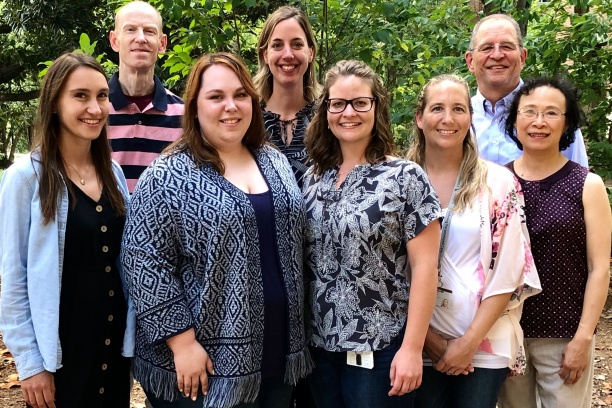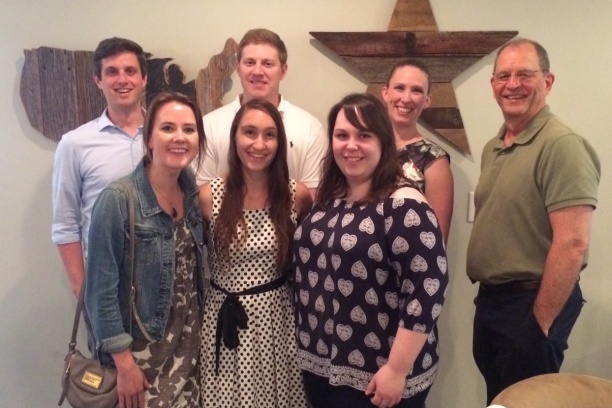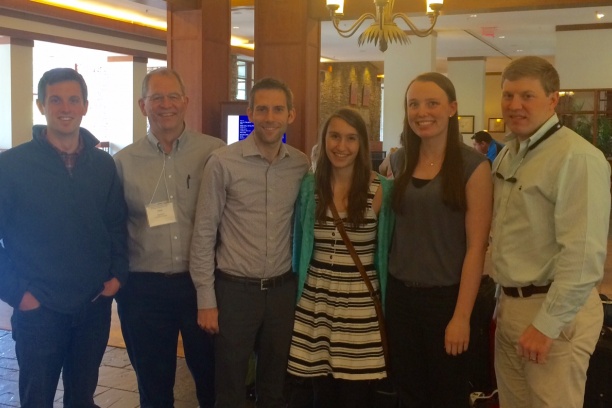Video credit to VI4 for creating this amazing animation about the Denison Lab!
The Denison Lab studies the replication, pathogenesis, and countermeasures of coronaviruses (CoVs), a family of RNA viruses including severe acute respiratory syndrome coronavirus (SARS-CoV), Middle East respiratory syndrome coronavirus (MERS-CoV), and severe acute respiratory syndrome coronavirus-2 (SARS-CoV-2). MERS-CoV is a zoonotic pathogen currently active in the Middle East and Asia since it's emergence in 2012, and is recognized as a potentially pandemic pathogen. Most recently, the novel coronavirus SARS-CoV-2 emerged in China in December 2019 and has since become a global pandemic causing widespread disease. Research and training in the laboratory uses a model BSL2 CoV, murine hepatitis virus (MHV), as well as BSL3 pathogens SARS-CoV, MERS-CoV, and SARS-CoV-2 to understand the viral and host determinants of replication and pathogenesis. Our program has defined: mechanisms of replicase protein expression and processing, a novel RNA proofreading mechanism during CoV replication, and inhibitors of CoV replication. Our research is currently supported by multiple NIH grants and contractor mechanisms with stable long-term support. The Denison Lab has an active training program for students and postdoctoral fellows to develop new investigators in viral cell biology, molecular biology, and genetics. More than 20 graduate students and postdoctoral fellows have trained in the Denison Lab. Graduate students and postdocs have been successful at obtaining F30, F31, F32, and T32 support for their training and have gone on to research positions in academics, industry, and government. Current projects in the lab focus on : 1) Mechanisms of virus replication; 2) Determinants of CoV RNA proofreading and fidelity; 3) The role of recombination in virus evolution; 4) Development of antivirals and antibodies as potential therapeutics.


